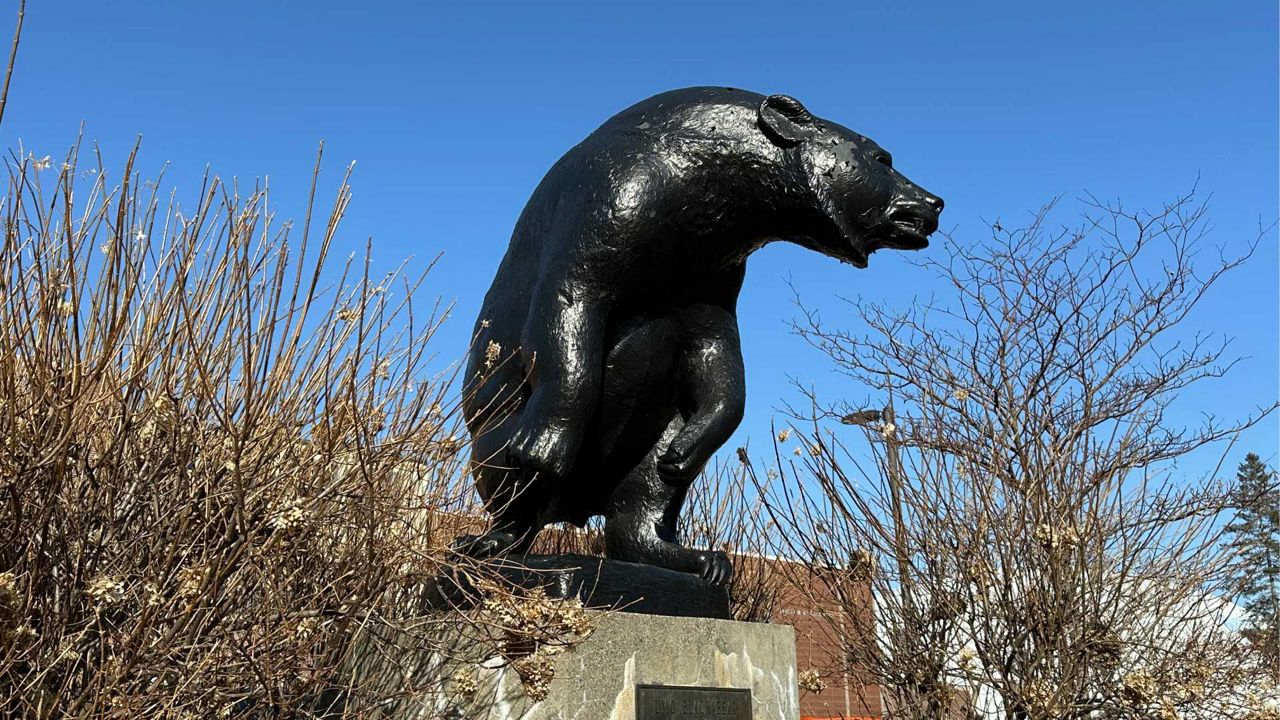It will cost more to attend a state university in Maine in the fall.
The University of Maine System’s trustees have adopted a $648.6 million spending plan, but will raise tuition rates, cut courses and consolidate staff and resources to balance the budget.
The budget was adopted Monday, May 20.
In-state tuition rates will increase 3%. The university system will also increase mandatory fees and fees for room and board.
A full-time Maine undergraduate student will pay on average $821 more in the 2024-25 academic year, according to a news release.
“Proposing a tuition increase is not something we take lightly but is necessary now to meet obligations to our employees and start making the investments needed to support our students and their success and stabilize our institutions’ infrastructure,” said university system Chancellor Dannel Malloy in the release. “Maine’s public universities are, and will continue to be, the most affordable pathway to high-quality postsecondary education and economic opportunity in the Northeast. And our Maine students with the greatest financial need will continue to have their needs met and the proven power of social mobility through higher education accessible to them.”
Tuition and fees make up the lion’s share of Umaine System revenue, funding 39% of the operating budget.
“To temper tuition increases amid continued inflationary pressures and projections of flat enrollment, Maine’s public universities will lease or sell property, cancel courses that have low enrollment or are duplicative, and share space, staff and services, which is enabled by the System’s innovative unified accreditation,” the release stated.
The system said it has sold or is selling “underutilized buildings and land in Bangor, Belfast, Harmony, Houlton, Presque and Portland just since January.”
At the same time, the system will be increasing the amount of money it spends on its buildings by $1.4 million, or 4.3% of its budget. The system hopes to increase enrollment and retention as a result.
“More than half of all UMS facilities and three-quarters of residence halls have not been meaningfully renovated in at least 50 years and the System has $1.6 billion in deferred maintenance,” the release stated.
Positions that are not being filled are expected to save the system $10.3 million.
“The Board challenged our public universities to balance their budgets while finding new ways to invest in our students, share resources and expertise across our campuses, and find efficiencies,” system Chairperson Trish Riley said in the release. “This required tough choices and hard work but the belt tightening by all in our university community is laying the foundation for a more sustainable System.”
Riley added: “While we need to get beyond just balancing the budget to a place where we can make real investments in our institutions, the University of Maine System remains the best value for Maine families, providing high-quality, accessible and affordable education statewide.”





